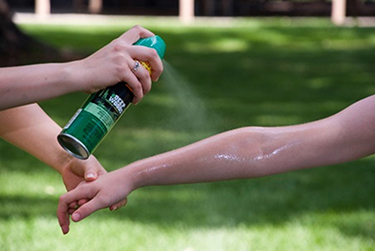Five recent malaria cases in two U.S. states have put public health officials on alert.
On June 26, the Centers for Disease Control and Prevention issued a health advisory, reporting five locally acquired cases in the past two months — the first time in over two decades that malaria has been locally transmitted by mosquitoes in the U.S.
Four malaria cases were identified in Sarasota, Florida, and one in Cameron County, Texas. In all of the cases, the patients had not traveled outside of the U.S. While as many as 2,000 cases of malaria are diagnosed in the U.S. annually, virtually all are brought back by travelers who were infected beyond the nation’s borders. Local transmission is more rare, with such cases last occurring in the U.S. in Palm Beach County, Florida, in 2003.
Amesh Adalja, MD, a senior scholar at the Johns Hopkins Center for Health Security, said scientists have known local malaria transmission could happen again in the U.S., “because the appropriate mosquito has circulated in those areas for some time, and it was a pure chance that eventually it was going to bite someone who had malaria.”
CDC confirmed that the new local malaria cases were transmitted by Anopheles mosquitoes, which are common in the eastern U.S. Health officials have implemented extra mosquito surveillance and infection control measures in Florida and Texas, where all of the patients have reportedly been treated and recovered.
Malaria was once common in the southeastern parts of the U.S. — with 15,000 cases reported nationwide in 1947. The fact that local transmission is rare is thanks to stronger vector control methods and malaria surveillance programs, Adalja said.
"It underscores the need to keep vector control processes going and sustained and not get complacent,” Adalja told The Nation’s Health.
As the world’s temperatures continue to rise with climate change, habitats are broadening for disease-carrying insects, both in the U.S. and beyond. In the case of mosquitoes, research shows that warmer winters are allowing them to survive and breed year-round in more parts of the country.
Americans should not be surprised by more vector-borne malaria cases in the U.S. or even dengue, another mosquito-transmitted disease, Adalja said.
“There's probably going to be more (malaria) cases in Florida,” she said. “We know that the mosquito pools in Sarasota County are testing positive, which tells you it's in the mosquito population.”
CDC advised clinicians and other public health workers to be on alert for symptoms of malaria in patients, especially in late summer and early fall and in those who have traveled to countries where the disease is common. If not diagnosed and treated quickly, malaria can progress and kill infected people. A free continuing education course from CDC “Malaria 101 for the Health Care Provider,” is available online.
For a shareable graphic on preventing mosquito bites, visit APHA’s Get Ready website.
Caption: Repellent sprayed on exposed skin is a common way to prevent mosquitos bites. (Photo courtesy CDC)